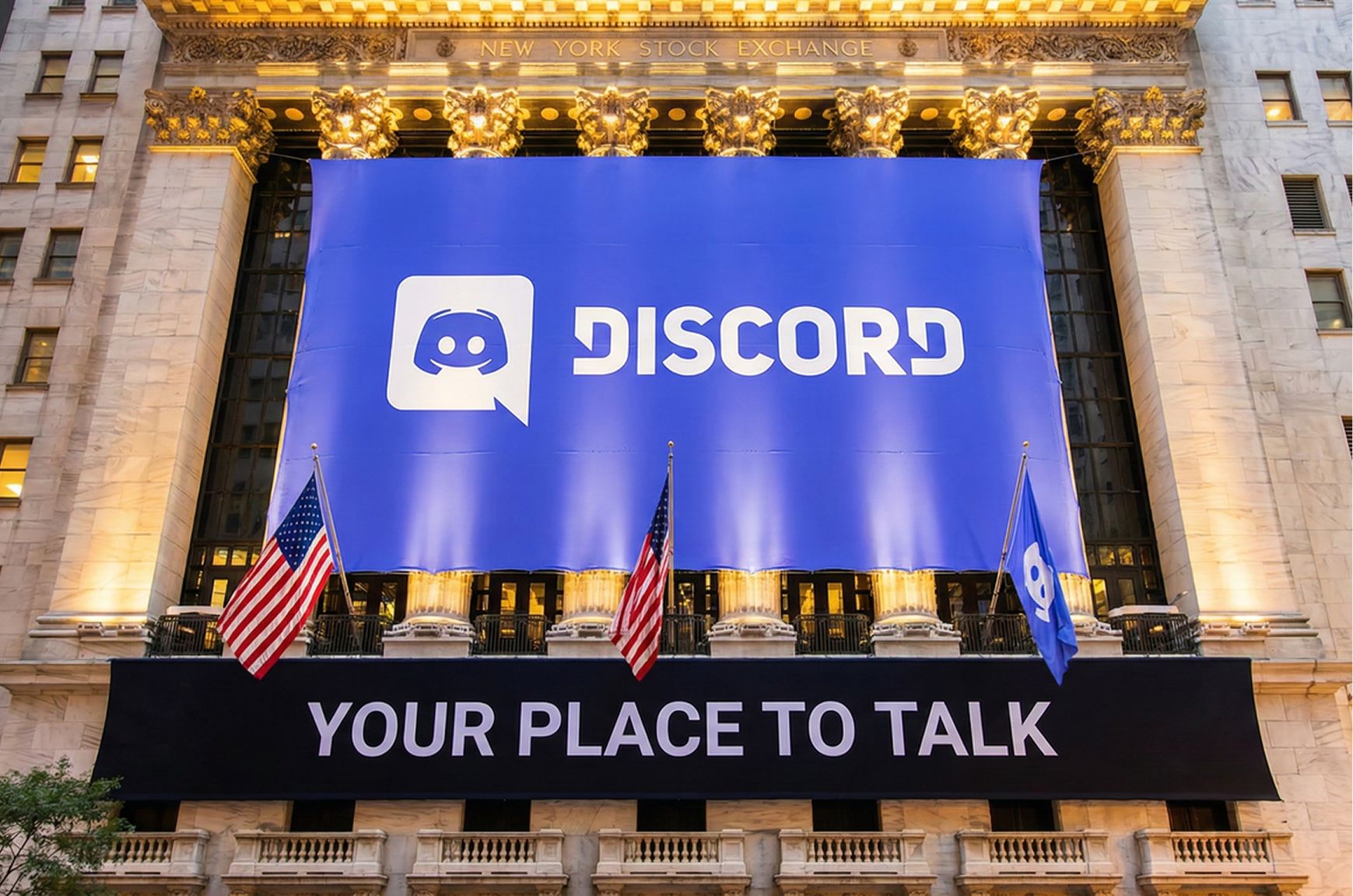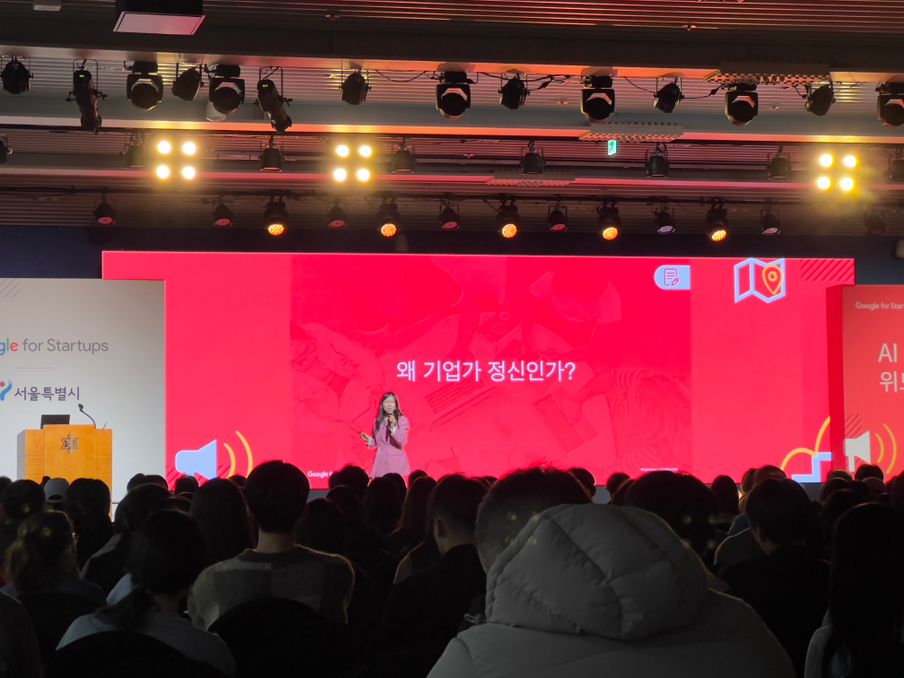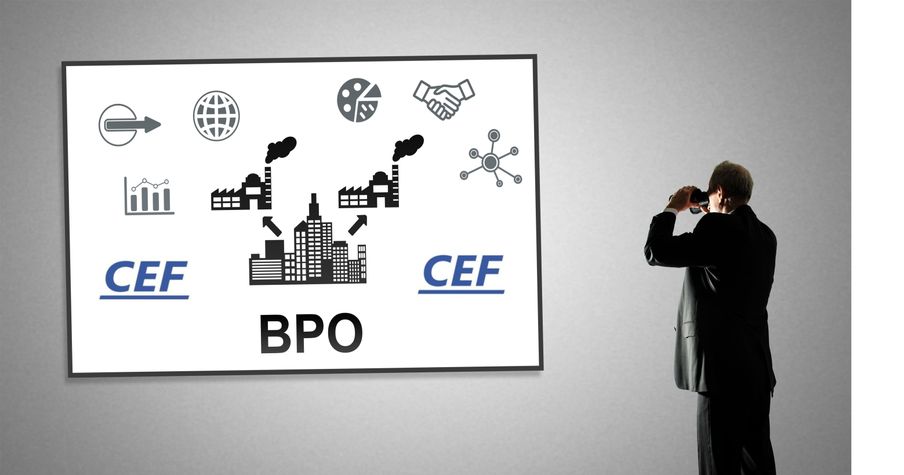‘IPO shouldn’t be an end goal’

High-profile entrepreneurs who have successfully completed IPOs share their ideas and insights on running a business after going public.
The ideal timing for an IPO is when the founders and CEO can clearly articulate the reasons behind it.Jake Park, CEO of car-sharing firm SOCAR
Reaching the point of successfully conducting an initial public offering (IPO) is an exceptionally challenging feat, especially in South Korea. Scaling up to the size required for an IPO is no small task, and once a company goes public, it becomes subject to various regulatory requirements in accordance with local financial laws.
To provide a glimpse of the public company experience to startups, accomplished unicorns that have recently gone public shared their insights with fellow entrepreneurs at COMEUP2023, a global startup festival held from November 8 to 10 at DDP in Seoul. Anthony Paek, chairman of the AI medical solutions firm Lunit, and Jake Park, CEO of the car-sharing services firm SOCAR, took the stage to share their thoughts on the IPO process and the management of a company post-fundraising.
COMEUP2023 kicked off on Nov. 8 at DDP, an exhibition complex in Seoul, welcoming startups, investors, and lawmakers from 35 countries, including Saudi Arabia, UAE, France, Germany, and Japan. It is anticipated that this year’s event will draw more than 50,000 visitors.
Below is an excerpt from the discussion session with the two entrepreneurs, moderated by Hyunkyung Jung, CEO of the K-pop music copyright trading platform Musiccow.
Q.When you were doing the IPO, the market was not doing well. I remember the market valuation was lower than the expected price. Why did you decide to go public anyway?
Park: When we went public last year, the market conditions were not that great. I thought it would be a sustainable way to raise capital. I also forecasted the bad market situations would not be able to turn around anytime soon. Therefore, I thought it was important to create a capital raising channel by going public. We buy and rent out cars, and then sell them after operating the rental business for a long time. I thought the IPO would be good for the company to keep its credit rating up and raise capital to maintain the business model.
Paek: I think Lunit was in a similar situation at the time. We have been doing business in the AI field for quite a long time, but it is still a burgeoning business, and we need a lot of funds for R&D. We had two options to attract funds at the time. The board of directors debated whether to cut back on R&D and go into survival mode when the market conditions were bad, or to invest aggressively. We thought it was time to invest. The question was whether it would be better to go private or public. Market conditions were not favorable at the time, so it was becoming increasingly difficult to raise funds privately. We knew that going public would increase our fundraising options, so we decided to go public.
Q. How did you determine the corporate valuation?
Park: At the end of the day, valuation comes down to how much profit a company can generate. It is fundamentally more important to show how much profit the company can make in the next year or two than how it compares to its peer group.
Q.What are the advantages of an IPO?
Paek: There are many advantages in terms of funding. We recently additionally raised 200 billion won($153 million) in capital. I can see the employees' sense of ownership increasing as well. It also helps the business a lot. Customers, whether they are big pharmaceutical companies, big hospitals or small clinics, they hope to use medical devices for a long time, and they expect to receive continuous after-sales services. Therefore, they look at how stable and sustainable the company is. After going public, our potential customers seem to have more trust in our services than before.
Park: I agree that IPOs make it easier for companies to raise capital and offer more ways to navigate tough times. It improves employee morale. However, there is a downside to consider - a mandatory 3-month disclosure period and stringent compliance requirements. This can be good for the company but challenging for the CEO. Such is life after an IPO.
Q.How was it different as a CEO before and after going public?
Paek: I don't think it's appropriate to answer this question as I'm not the CEO right now. CEO Beombseok Seo is currently running the business, so I am grateful for that. The CEO faces time constraints and adjusts their priorities accordingly. Before the company's listing, CEO Seo primarily focused on internal matters, such as development and addressing various business issues. However, after the listing, he shifted into full-time Investor Relations (IR) mode. There is no day without an IR-related schedule; the CFO is actively engaged in IR efforts, and the CEO is on frequent business trips for IR. Consequently, there is a need to delegate internal operations and adopt a new operational approach.
There is a situation where I can't happily tell employees the latest news because of the compliance part. There's a compliance that they have to have the same information as external investors.

Q: Have you ever regretted going public?
Park: I have no regrets about going public. Initially, it was stressful because the stock price fluctuates daily and is unpredictable. We have to make disclosures every three months, which is four times more frequent than a private company's annual disclosure. Communicating with shareholders was challenging as it was a new experience for me. Releasing quarterly reports for the first time required a learning curve. I'm currently dedicating a larger portion of my time to communicating with shareholders and the market.
Q.Lunit has a lot of global potential. Have you ever considered listing in the US?
Paek: Yes, we did consider Nasdaq. However, we came to understand that listing on Nasdaq entails significant additional expenses, so we opted to postpone that decision. Kosdaq seemed to be a favorable option for us. It wasn’t a hard decision to make.
Q.Have you been frustrated with strict regulations in Korea?
Paek: Not really. There are various paths prepared to assist tech startups, such as special listings for technology companies, among others.
During the IPO process, we discovered some differences between Korea and the US. We had an American investment company involved in our pre-IPO stage. They closely monitored Lunit’s listing process and posed a question, 'Why don't you offer investment opportunities during the IPO?' We initially believed that startups don't offer such opportunities to existing investors during the IPO, but this practice was exclusive to Korea. In the US, existing shareholders can participate when a company go public and often provide price support, which is a feature that is often absent in Korea.
Park: Challenges arose from the process of persuading investors rather than the system itself. In the past, as a startup, we primarily interacted with venture capitalists. During the IPO process, our interactions were mainly with asset management firms and hedge funds. It's a process where you have to repeatedly convey the same message within a short timeframe. These challenges were on a different level.
Q.When is the best timing for an IPO?
Paek: Think of an IPO as a round of funding. It doesn't change the essence. Rather than just doing an IPO because someone else did it, it's better to consider whether to go private or public.
Park: I view an IPO as a process, not an end goal. The ideal timing is when the founders and CEO can clearly articulate the reasons behind it. You should be able to explain how going public will enable you to build a better company than if you remain private. You should be thoroughly convinced of this. It's crucial to delve deep into these fundamental questions.









